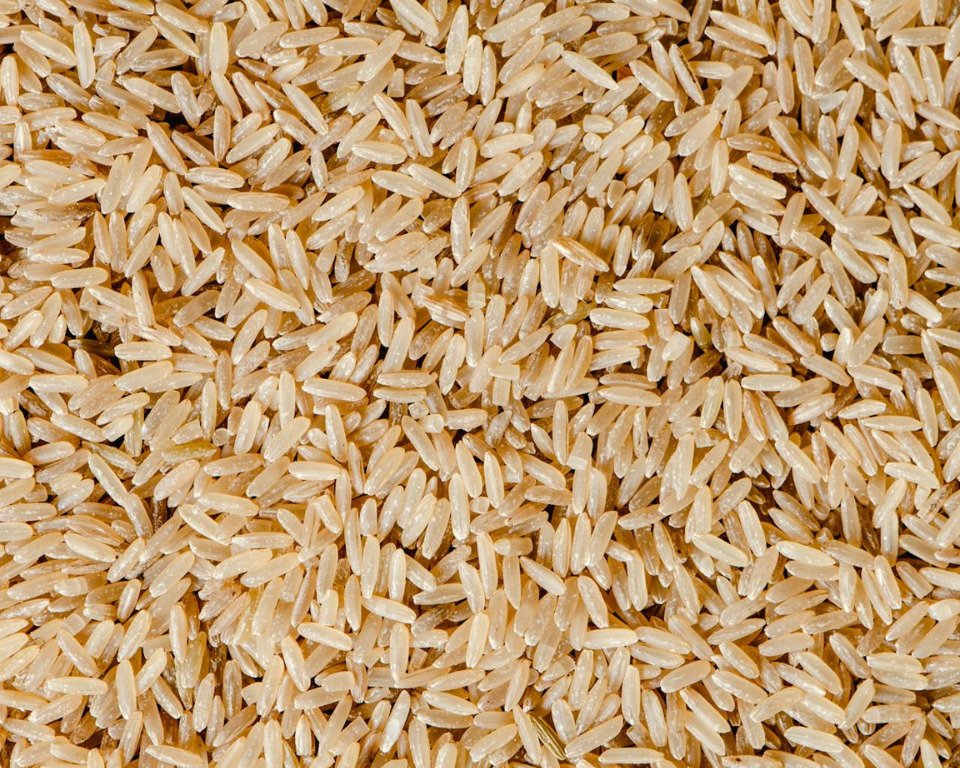Women’s health is a dynamic, multifaceted journey influenced by biology, mental well-being, and social factors. Achieving wellness involves more than just focusing on one area—women benefit from a comprehensive approach that nurtures both body and mind.
This guide introduces the essential elements of a women’s health and wellness lifestyle program, designed to empower women with practical tools for a balanced life.
Covering key areas like nutrition, exercise, stress management, and accessible wellness resources, it offers actionable insights for every woman. By embracing this holistic wellness program, women can make informed choices, aligning their lifestyle with long-term health and happiness.
Understanding Women’s Health
Women’s health is a mix of biological, psychological, and social factors. It’s important to look at all these areas to ensure well-being. By understanding these factors, women can make better choices and live healthier lives.
Biological Factors
Biological factors are key in women’s health, like hormonal changes and reproductive health. Nutrient needs change with age, activity, and life stages, like pregnancy. Drinking 8 glasses of water a day is also vital for health.
Psychological Factors
Mental well-being and emotional support are key for women’s health. Stress can be reduced with mindfulness, like meditation. Having a strong support network helps with emotional strength and self-care routines.
Social Factors
The social environment affects women’s health a lot. Things like relationships, culture, and healthcare access matter. Joining fitness groups or finding friends to stay healthy can help a lot.
It’s important to take a holistic view of women’s health. By understanding biological, psychological, and social factors, women can make better choices. This leads to a healthier, happier life.
Physical Well-being
Keeping your body healthy is key to feeling good. Exercise and balanced nutrition are vital. They help you stay fit, avoid diseases, and feel energetic.
Exercise and Fitness for Women
Women need to stay active. Activities like walking, swimming, and dancing boost heart health. Strength training builds muscle and strengthens bones.
Yoga and stretching improve flexibility and reduce injury risks. They also help you relax.
Balanced Nutrition and Healthy Eating Habits
Eating well is important for your health. Focus on fruits, vegetables, lean proteins, and whole grains. Avoid too much processed food and sugary snacks.
Healthy eating habits are essential for your well-being. They help you stay fit and disease-free.
“Taking care of your physical health through regular exercise and a balanced diet is one of the best investments you can make in your overall well-being.”
Mental and Emotional Health
Women’s health is not just about the body; it’s also about the mind and emotions. Managing many roles can make stress and burnout more likely. To stay balanced, try mindfulness, meditation, or hobbies that bring joy.
Stress Management Techniques
Mental health disorders, such as depression and anxiety, are more common in women than men. Using stress management like deep breathing, yoga, or journaling can help. Also, getting help from mental health experts is key during tough times.
Building Emotional Support Systems
Having a strong support network is essential. Women are more likely to experience social isolation, which can lead to mental health issues. Healthy relationships based on respect and support are vital. Look for community programs or women’s wellness groups to build these connections.
“Taking care of your mental and emotional health is just as important as maintaining your physical health. Prioritize self-care, stress management, and building a strong support network to achieve overall well-being.”
Women’s Health and Wellness Lifestyle Program
This program helps women reach their best health. It covers many areas of health, like fitness, nutrition, and mental well-being. It gives women the tools to make good choices and stay strong through life’s changes.
The program uses the latest research to focus on important health areas. It looks at physical fitness, nutrition, mental health, preventive care, and reproductive health. This way, women can manage their health and wellness better.
Over 70% of Americans have gut issues, and 2 out of 3 medical visits are due to stress. This shows how big of a problem stress is for our health.
The program knows how important hormones are for women’s health and weight. It offers hormone tests to find imbalances. This helps women get the right support for their health.
“Stress is a major factor affecting women’s health, affecting daily functionality, energy levels, sleep, cravings, weight, body composition, and chronic health conditions.”
The program has many services to help women. There are nutrition tours, one-on-one consultations, and discounts on stool tests. These services help women improve their health and make lasting lifestyle changes.

This program teaches women about their health in a complete way. It gives them the tools to focus on their physical, mental, and emotional health. Women can start a journey to a healthier, more balanced life.
Reproductive Health
Reproductive health is key for women’s well-being, covering many stages from menstruation to menopause. It’s important to understand and manage menstrual cycles, find contraception, and get medical help for any issues. This helps keep reproductive health in check.
Menstrual Health and Contraception
Menstrual health is a big part of reproductive health. Knowing your menstrual cycle and spotting any odd changes helps manage health. Having access to contraception and family planning services lets women make choices about their reproductive life. They can plan pregnancies when it’s right for them.
Pregnancy, Childbirth, and Menopause
Pregnancy and childbirth are big moments for women. Getting prenatal care, eating well, and seeing doctors regularly is key for a healthy pregnancy. As women go through menopause, they might face physical and emotional changes. Getting support, managing symptoms, and talking to doctors can help make this transition smoother.
“Reproductive health is not just about childbearing, but about the overall well-being of women throughout their lives.”
By focusing on different reproductive health stages, women can take charge of their health. This leads to a more fulfilling and balanced life.
Preventive Care and Self-Care Routines
Keeping healthy and feeling good starts with taking action. This means focusing on preventive care and self-care. Regular health checks, screenings, and vaccines help find and prevent diseases early.
The Women’s Preventive Services Initiative (WPSI) offers detailed guidelines for women’s health. Updated in 2022, these guidelines cover many screenings. This includes tests for breast and cervical cancer, mental health, and more. Women should talk to their doctors about their health history and risk factors to know when to get these tests.
“Preventive care is the foundation for a lifetime of good health. By taking proactive steps, women can empower themselves and make informed decisions about their well-being.”
Self-care is also key to staying healthy. Getting enough sleep, keeping clean, and relaxing are important. These habits help women stay strong, handle stress, and feel balanced.
Putting preventive care and self-care first is vital for health. It’s an investment in your future well-being. By caring for their health, women can live their best lives in body and mind.
Health Care
A women’s health and wellness lifestyle program is a holistic approach combining multiple health aspects, from routine health care to lifestyle adjustments, helping women achieve sustainable wellness. This program emphasizes the importance of physical activity as a foundation for overall well-being, advocating regular exercise tailored to individual needs and fitness levels. Engaging in consistent physical activity benefits cardiovascular health and supports hormone balance, weight management, and mental clarity. Additionally, such a program encourages balanced nutrition, mental resilience, and self-care routines to foster long-term health. Building a personalized plan that includes preventive care and health screenings is essential, as it allows women to proactively manage changes in their bodies throughout different life stages—from reproductive health to menopause. Embracing this lifestyle is about creating a foundation for lifelong wellness that aligns with individual health goals and needs.
Hormone Balance and Weight Management
Keeping hormone levels balanced is key for women’s health. Hormone changes can affect weight, mood, and reproductive health. Understanding how hormones and weight are linked helps women manage their health better.
Eating whole, unprocessed foods, like those in the Mediterranean diet, helps balance hormones and manage weight. This diet suggests 30 minutes of exercise six days a week. Activities like high-intensity interval training and strength training can prevent weight gain by fighting insulin resistance.
Stress and bad sleep can mess with hormone levels, making us hungrier for sweets and leading to obesity. Managing stress and getting good sleep helps keep hormones in check and supports a healthy weight.
“A 3-month study in 156 teenagers with obesity found that a high protein breakfast correlated with increased levels of peptides YY (PYY) and glucagon-like peptide-1 (GLP-1), resulting in weight loss due to increased feelings of fullness.”
By tackling hormonal imbalances and using a holistic approach to weight management, women can boost their health. Getting advice from dietitians and endocrinologists can help create personalized plans for hormone balance and a healthy weight.
Conclusion
Women’s health and wellness cover many areas, like physical, mental, emotional, and reproductive health. By focusing on all these aspects, women can live healthier and happier lives. It’s important to take care of yourself, ask for help when needed, and stay on top of health checks.
Supporting women’s health benefits not just them but also their families and communities. Things like good nutrition, mindfulness, and regular health checks can make a big difference. Building strong community support and celebrating successes also helps keep people motivated and involved.
Embracing a full women’s health and wellness program can bring many benefits. Women can see better physical health, more energy, clearer minds, and a greater sense of well-being. These programs help prevent diseases, boost confidence, and promote a positive view of the body for women of all ages.



